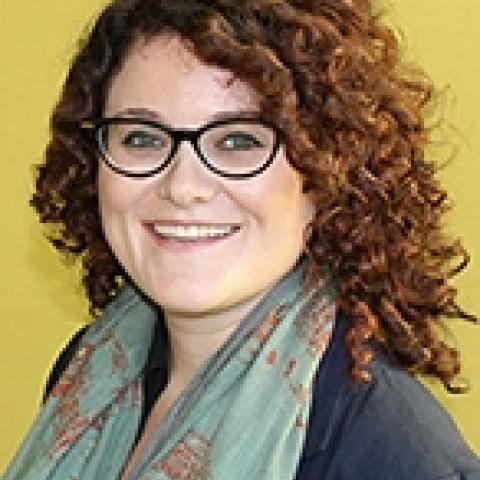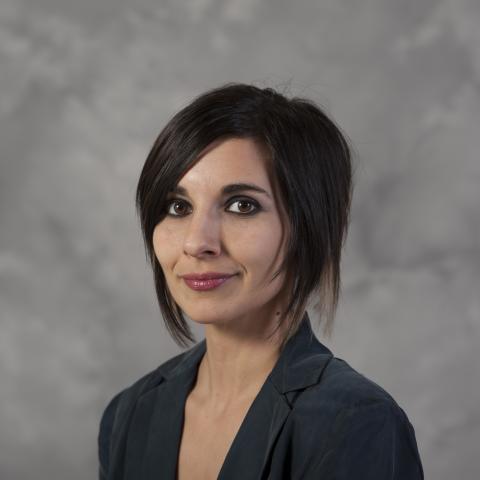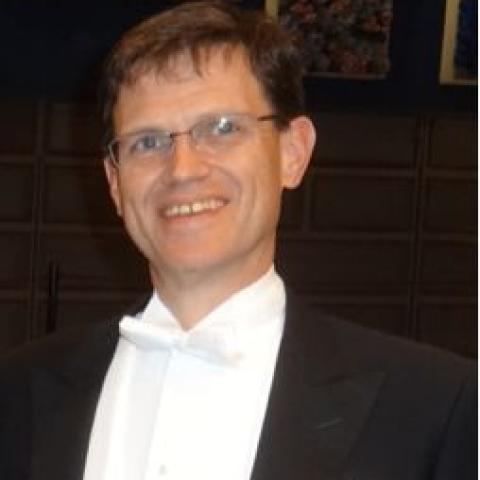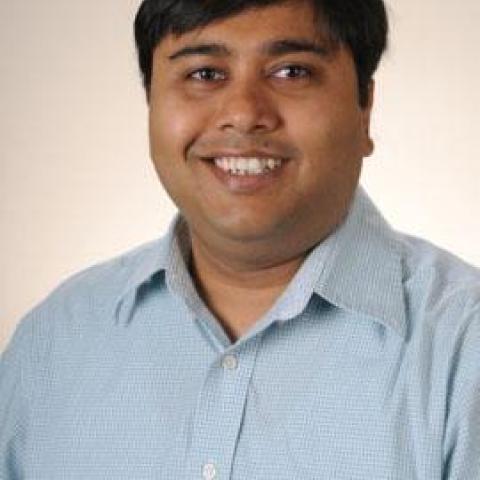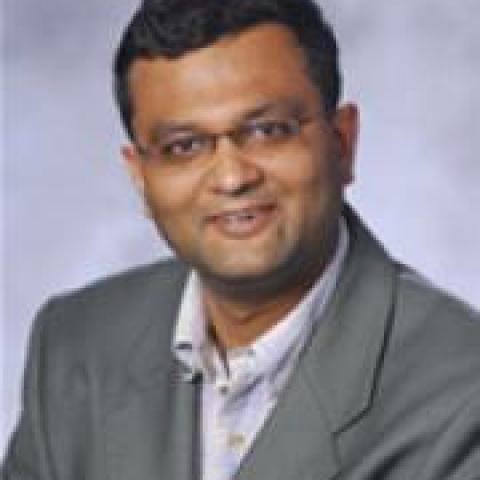Alex Endert
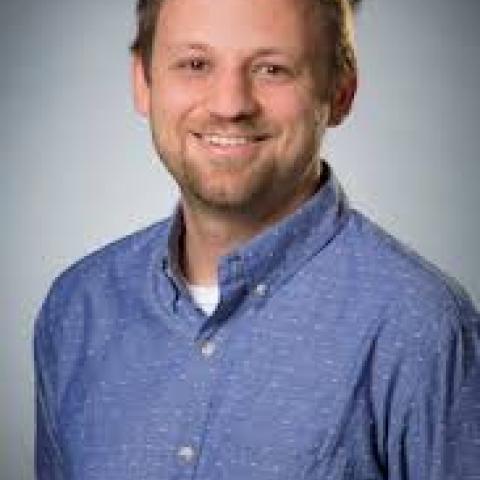
Alex Endert is an Associate Professor in the School of Interactive Computing at Georgia Tech. He directs the Visual Analytics Lab, where he works with his students to design and study how interactive visual tools help people make sense of data and AI. His lab often tests these advances in domains, including intelligence analysis, cyber security, decision-making, manufacturing safety, and others. His lab receives generous support from sponsors, including NSF, DOD, DHS, DARPA, DOE, and industry. In 2018, he received a CAREER award from the National Science Foundation for his work on visual analytics by demonstration. He received his Ph.D. in Computer Science from Virginia Tech in 2012. In 2013, his work on Semantic Interaction was awarded the IEEE VGTC VPG Pioneers Group Doctoral Dissertation Award, and the Virginia Tech Computer Science Best Dissertation Award.
Visual Analytics

